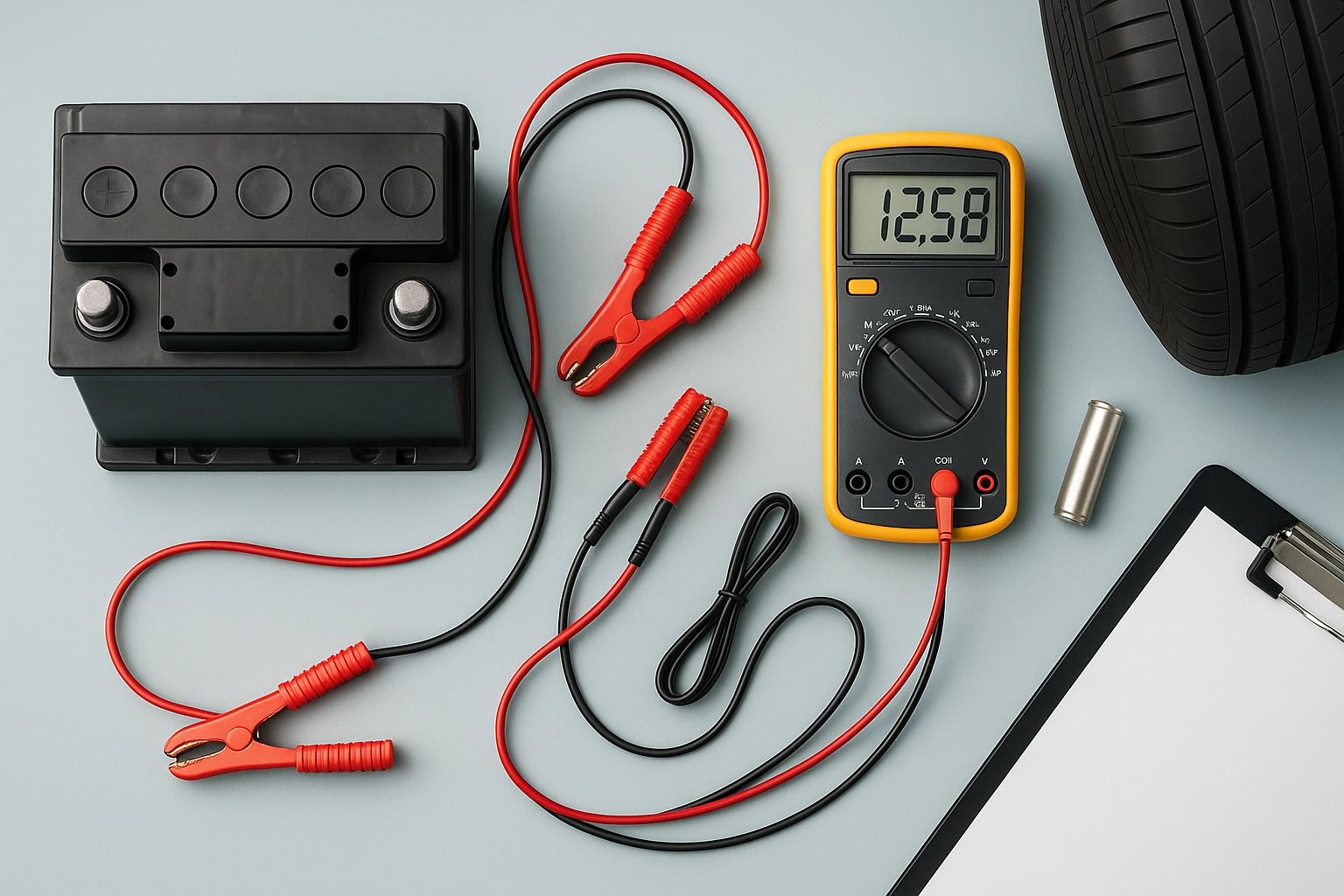UN ECE R100 Battery Safety and Endurance Test
The UN ECE Regulation No. 100, also known as the UN ECE R100 test, is a comprehensive battery safety and endurance test designed to ensure that automotive batteries meet stringent requirements for safety and performance. This regulation is critical in promoting global vehicle safety standards by addressing potential hazards associated with batteries used in electric vehicles (EVs) and hybrids.
The test evaluates the electrical safety of rechargeable batteries under various environmental conditions, including high-temperature cycling, overcharging, short-circuiting, thermal abuse, and vibration. Compliance with UN ECE R100 ensures that automotive batteries are safe for use in passenger vehicles, complying with international standards set by the United Nations Economic Commission for Europe (UNECE).
The test procedure involves subjecting the battery to a series of controlled conditions aimed at simulating real-world scenarios where the battery might be exposed to extreme temperatures or electrical stresses. The objective is to ensure that the battery does not exhibit any hazardous behavior, such as overheating, explosion, or fire.
For compliance with UN ECE R100, manufacturers must submit test results demonstrating successful completion of all specified tests. These results are then evaluated by regulatory bodies in various countries around the world, including those that have ratified the UNECE regulations. This ensures a uniform standard for battery safety across different markets.
The importance of this test cannot be overstated, especially as electric vehicles become more prevalent on roads worldwide. The UN ECE R100 test provides peace of mind to consumers by ensuring that automotive batteries are safe and reliable in all conditions. For manufacturers, meeting these standards opens doors to global markets and enhances brand reputation.
Manufacturers typically engage third-party laboratories like ours for independent testing and certification services. Our state-of-the-art facilities employ advanced equipment and skilled technicians capable of performing the UN ECE R100 test according to precise specifications outlined in ISO 6819:2015, an international standard that guides the conduct of such tests.
Our laboratories are equipped with specialized chambers for high-temperature cycling, overcharging, short-circuiting, thermal abuse, and vibration testing. These facilities allow us to replicate real-world conditions accurately, ensuring that our test results are reliable and valid. Our team of experts ensures that each step of the process adheres strictly to UN ECE R100 requirements.
The comprehensive nature of this test makes it a crucial component in the development and certification of automotive batteries for EVs and hybrids. By incorporating UN ECE R100 into their quality control processes, manufacturers can ensure that their products meet international safety standards and are ready for global distribution.
Why It Matters
The UN ECE R100 Battery Safety and Endurance Test is essential in safeguarding public safety by preventing potential hazards associated with automotive batteries. Here are several reasons why this test matters:
- Prevents Hazards: Ensures that batteries do not overheat, catch fire, or explode under extreme conditions.
- Enhances Consumer Confidence: Provides reassurance to consumers about the safety of electric vehicles and hybrids on roads worldwide.
- Facilitates Global Compliance: Allows manufacturers to meet international standards set by regulatory bodies in various countries.
- Promotes Safe Transport: Ensures that batteries are safe during transportation, reducing the risk of accidents caused by battery failures.
Beyond these immediate benefits, the UN ECE R100 test plays a vital role in advancing technology and innovation. By adhering to stringent safety standards, manufacturers can focus on improving battery performance while maintaining safety. This balance between safety and performance is crucial for the success of electric vehicles and hybrids.
Why Choose This Test?
- Comprehensive Evaluation: The UN ECE R100 test evaluates batteries under a wide range of conditions, ensuring comprehensive safety and performance.
- International Recognition: Compliance with this test is recognized globally, providing manufacturers with an advantage in entering international markets.
- Expertise and Experience: Our laboratories have years of experience in conducting such tests, guaranteeing accurate and reliable results.
- State-of-the-Art Facilities: Equipped with advanced chambers for various testing scenarios, ensuring precise and consistent test outcomes.
- Compliance Assurance: Ensures that manufacturers meet all necessary standards set by regulatory bodies worldwide.
- Customer Support: Offers guidance throughout the testing process, helping clients navigate regulations and achieve compliance efficiently.
Choosing our UN ECE R100 Battery Safety and Endurance Test service not only guarantees adherence to international standards but also positions your company at the forefront of automotive safety innovation. With our expertise and resources, you can be confident in achieving successful test outcomes that enhance both product quality and market competitiveness.
Competitive Advantage and Market Impact
The UN ECE R100 Battery Safety and Endurance Test provides significant competitive advantages for automotive manufacturers, particularly in the electric vehicle (EV) sector. Here’s how compliance with this test can impact your business:
- Increased Market Access: Compliance opens doors to global markets that have ratified UNECE regulations.
- Better Consumer Trust: Demonstrates a commitment to safety, enhancing consumer trust and satisfaction.
- Enhanced Reputation: Establishes your brand as a leader in automotive safety and innovation.
- Faster Regulatory Approval: Simplifies the process of obtaining necessary approvals from various regulatory bodies.
- Cost Efficiency: Early identification and rectification of potential issues can reduce costs associated with retesting or non-compliance penalties.
- Promotes Continuous Improvement: Encourages manufacturers to continuously refine their products, leading to safer and more reliable batteries.
In a rapidly evolving industry, staying ahead of regulatory changes and consumer expectations is crucial. By choosing our UN ECE R100 Battery Safety and Endurance Test service, you not only meet current standards but also position yourself for future success in the global automotive market.





